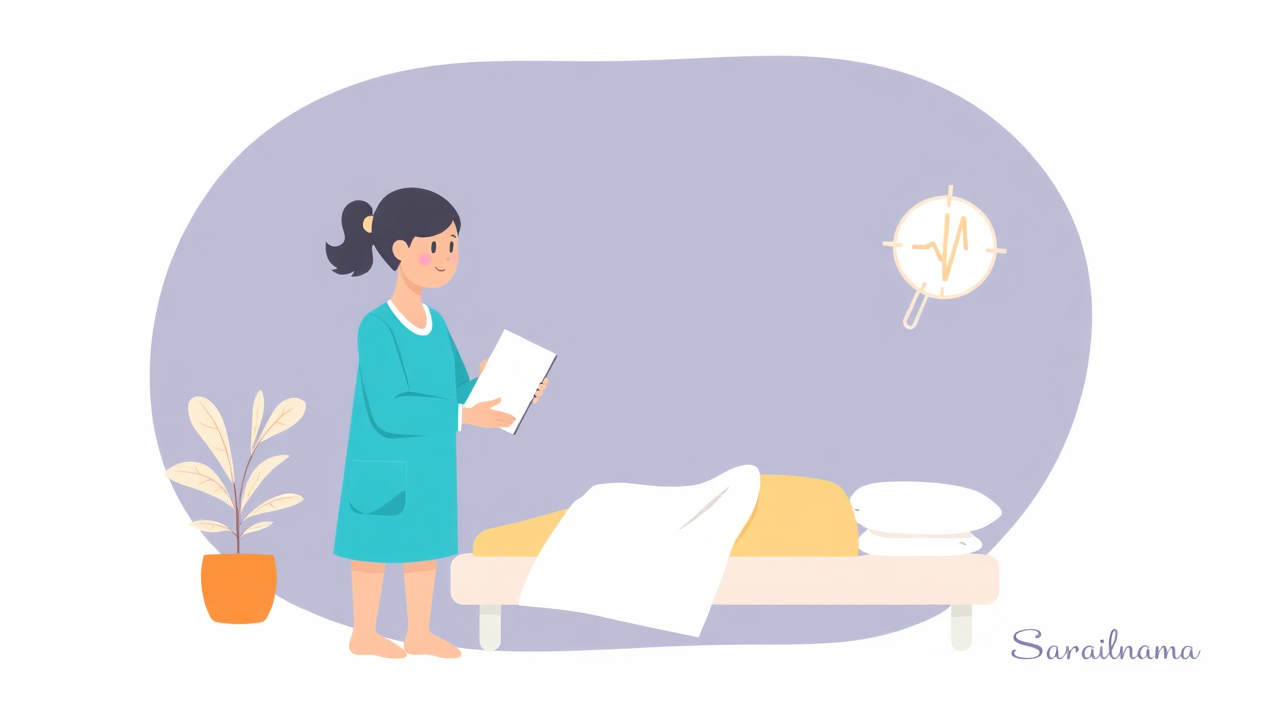Not having a bowel movement for a week is a serious concern that requires medical attention, according to gastroenterology experts. While many people try increasing fibre and water intake to relieve constipation, these dietary changes alone may not always work. Sometimes adding too much fibre too quickly can actually worsen bloating and slow down bowel movements, especially without adequate physical activity. Common causes include low physical activity, certain medications like opioids and antidepressants, dehydration, hormonal changes, stress, thyroid imbalance, or irritable bowel syndrome. If constipation persists beyond seven days, consulting a gastroenterologist becomes essential. Short-term use of laxatives or stool softeners may be needed to restore normal bowel function. Immediate medical care is necessary if severe abdominal pain, vomiting, fever, or inability to pass gas occurs. Long-term prevention involves balancing fibre types, staying hydrated throughout the day, and not ignoring the body's natural urges.

Treatment Options and When to Seek Medical Help
Experts recommend not relying solely on home remedies beyond one week. If seven days pass without a bowel movement, consulting a gastroenterologist is important. Short-term laxatives like polyethylene glycol (PEG) or stimulant laxatives such as bisacodyl or senna can help restore bowel function. Gentle physical activities like walking, yoga twists, or deep breathing exercises stimulate intestinal movement. Drinking warm fluids in the morning and maintaining a consistent meal schedule also support digestive health. Urgent medical care is necessary if severe abdominal pain, vomiting, fever, or inability to pass gas develops. People over 50 years old or those experiencing unexplained weight loss should see their doctor promptly for medication review and further testing.
Source: Link
